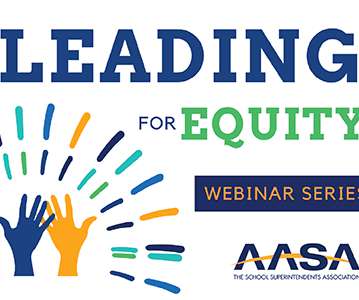OPINION: Four ways that Mississippi is teaching more children to read well
The Hechinger Report
NOVEMBER 20, 2019
In 2003, the state began requiring future K-6 teachers to take two early literacy courses in their teacher-preparation training. Mississippi’s progress in reading, at a time when many other states’ scores are stagnant or falling, is a prime example of how a state’s long-term commitment to its goals can pay off.














Let's personalize your content